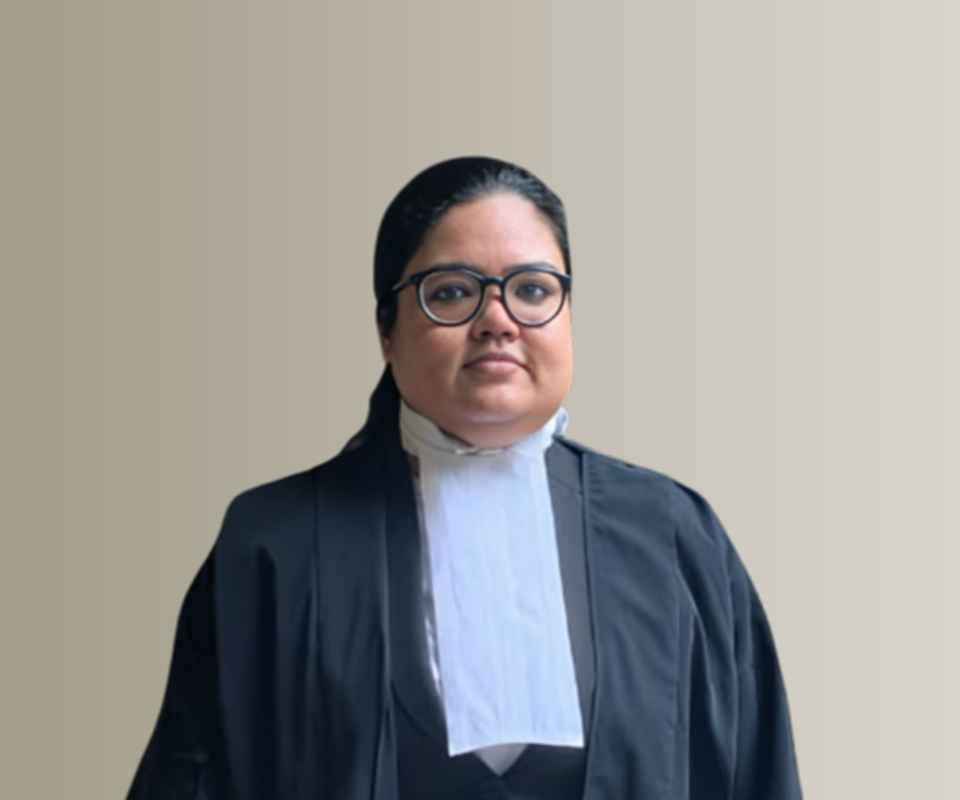Answer By law4u team
Immigrant survivors of domestic violence face unique challenges, especially when their immigration status is tied to their abuser. However, there are several legal protections and resources available to ensure their safety, legal rights, and opportunities for justice. Survivors can access legal assistance through specialized programs that are designed to help immigrants navigate both domestic violence and immigration issues.
Legal Assistance and Protections for Immigrant Domestic Violence Survivors
Violence Against Women Act (VAWA)
The Violence Against Women Act (VAWA) provides special protections for immigrant survivors of domestic violence. VAWA allows immigrant victims of domestic violence to apply for legal status independently of their abuser. Survivors do not need their abuser’s cooperation or knowledge to file for this relief. VAWA provides a path to lawful permanent residency (green card) for victims of domestic violence who have been abused by a U.S. citizen or permanent resident spouse, parent, or child.
U Visa
The U Visa is another important tool for immigrant survivors of domestic violence. This visa is available to immigrants who have been victims of certain crimes, including domestic violence, and who cooperate with law enforcement in the investigation or prosecution of those crimes. Survivors granted a U Visa are eligible for legal status in the U.S. and can later apply for a green card. It’s important to note that the U Visa is specifically designed to protect victims who may otherwise be afraid to report crimes due to fear of deportation.
Confidentiality of Legal Services
Many legal services available to immigrant domestic violence survivors are confidential and designed to protect the privacy and safety of victims. Survivors can access legal advice or assistance without fearing that their immigration status will be reported to authorities, especially when seeking help from organizations that specialize in domestic violence or immigrant services.
Protection Orders
Immigrant survivors of domestic violence can apply for protection orders (restraining orders) against their abusers, regardless of their immigration status. A protection order can provide immediate relief by keeping the abuser away from the survivor and their children, while also allowing them to seek further legal remedies. These orders are enforceable nationwide.
Legal Aid and Nonprofit Organizations
Various nonprofit organizations and legal aid providers specialize in helping immigrant survivors of domestic violence. These organizations offer free or low-cost legal services, including assistance with applying for VAWA relief, U Visas, or other forms of immigration relief. Legal aid may also assist with family law matters, such as custody or divorce, as well as helping survivors find housing and other community resources.
Immigration and Domestic Violence Shelters
Many shelters for survivors of domestic violence offer specialized services for immigrant women, including legal assistance, housing, and other support. These shelters help survivors understand their rights and assist them with applying for legal protections while ensuring their safety. Some shelters are specifically designed for immigrant communities and may offer services in multiple languages.
Deportation Relief
Immigrant victims of domestic violence may be eligible for deportation relief. If deportation is imminent, they may be able to apply for asylum, withholding of removal, or other forms of relief from deportation based on their experience of domestic violence or persecution. In some cases, victims of domestic violence can apply for temporary protected status (TPS) or deferred action, which temporarily halts deportation proceedings.
Example
Maria, an immigrant from Honduras, was in an abusive relationship with her U.S. citizen husband. After being threatened and physically harmed by him, she feared that reporting the abuse would lead to her deportation. Maria reached out to a local immigrant advocacy group, which helped her apply for a VAWA self-petition. With this, Maria was able to apply for legal status without her abuser’s knowledge and begin the process of obtaining a green card. The organization also assisted her in filing for a protection order and provided access to shelter and counseling. Maria was ultimately able to live free of abuse and build a secure future for herself and her children.






